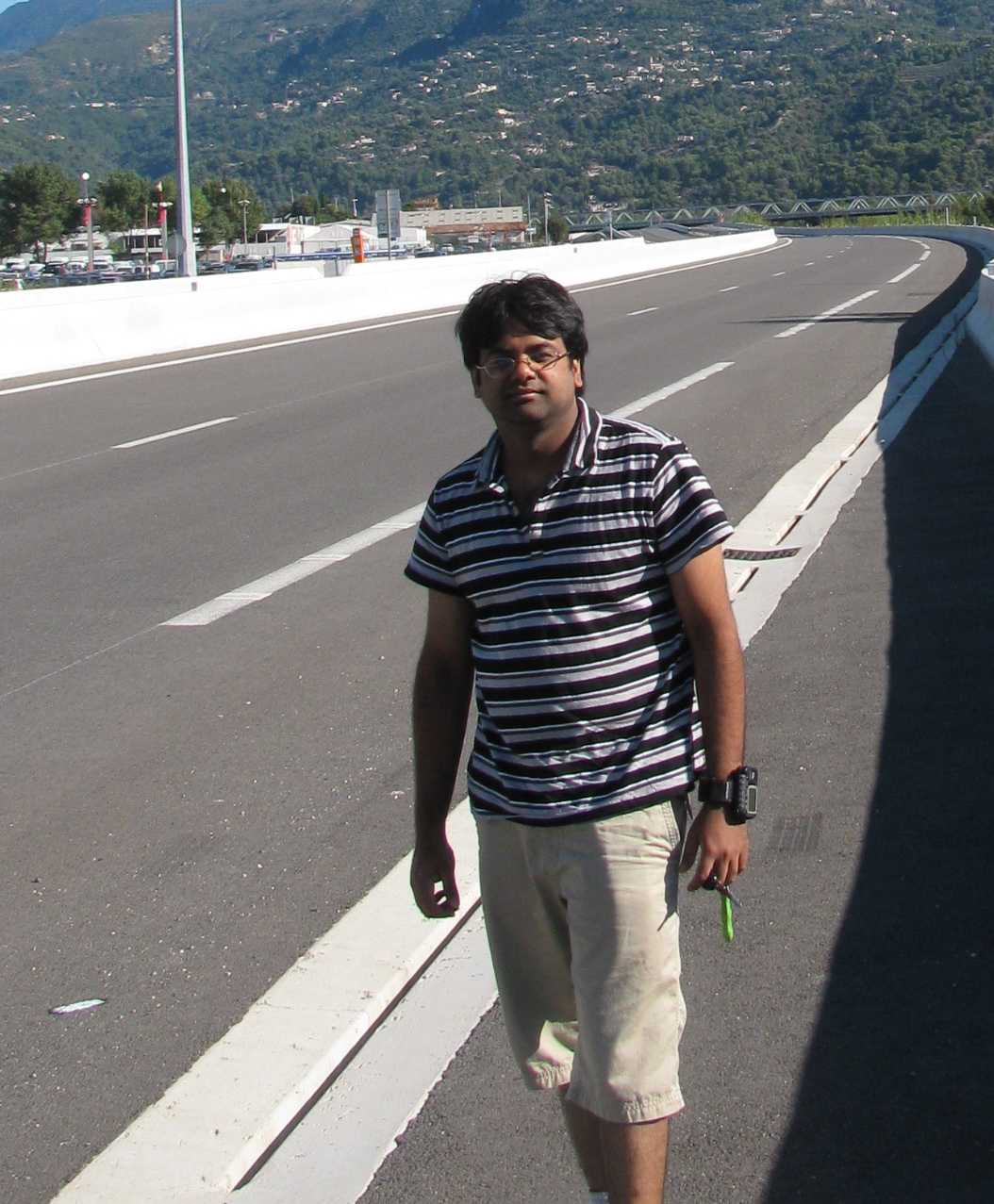:
Distributed
systems,
First
class
futures,
Future
update
strategies,
Components,
Formal
methods
Futures
enable an efficient and easy to use programming paradigm for
distributed applications. In ProActive, an active object is
analogous to a process, having its own thread and a message queue for
storing incoming requests. Futures, as used in ASP and ProActive,
represent the result of an asynchronous invocation and can be safely
transmitted between processes. As references to futures
disseminate, a strategy is necessary to propagate the computed result
of each future to the processes that need it.
Our
work
focuses
on efficient transmission of future values. We study various strategies
that may be used to update
first class futures. An important aspect of the work is to present the
contributions in a language independent manner so that they can be
applied directly to various existing frameworks that support first class
futures, for example Creol and AmbientTalk in addition to ProActive.
Theoretical Aspect:-
We focus on
theoratical
aspects such as formalization of future update strategies using
Isabelle/HOL.
For formalizing our strategies, we are extending a formalization of GCM
model.
GCM is a component model defined by the European Network of Excellence
CoreGrid. It extends the Fractal component model, by addressing Grid
computing:
it supports deployment, scalability, autonomic behavior, and
asynchronous
communications.
The
formalization comprises notions of Components, futures and
asynchronous communications. Components form the basic units of
concurrency (actors) and are hierarchical. Communication takes
place
via asynchronous message exchanges. The model allows for first class
futures
that are used as placeholdersfor the results of asynchronous
invocations.
Components are loosely coupled and synchronization is achieved through
wait by
necessity. Using this formalization, We are interested in proving
characteristics like `all requested futures are eventually
updated' and
`All strategies are semantically equivalent'. This semantic equivalence
is of particular
interest as it allows for replacing one strategy by another without
affecting
the application.
Implementation:-
In addition to this theoratical work, we focus on
implementing the various future update strategies in ProActive with the
aim of evaluating the effciency of each strategy in a given
configuration.
